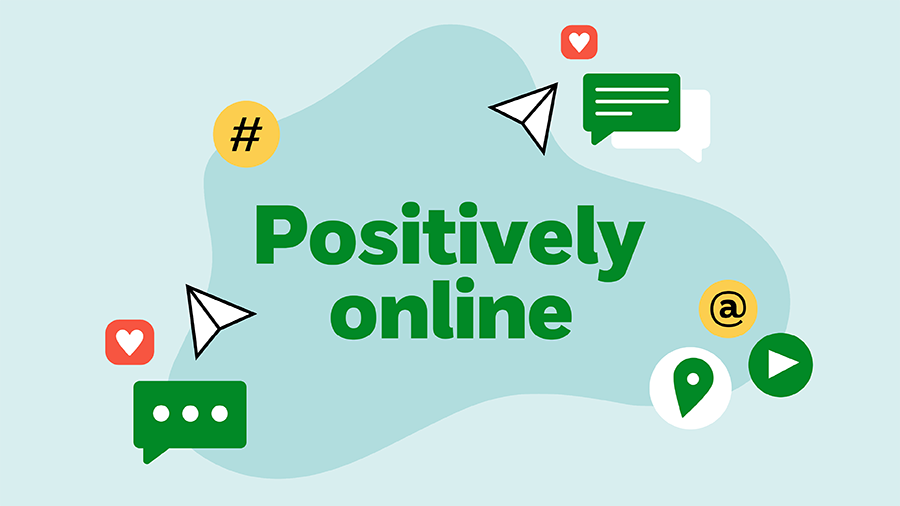Take our family quiz for online wellbeing tips

We want families across the UK to go online feeling informed, confident and happy – to be Positively online.
So get the family together and take our quiz to discover our top tips for positive online wellbeing.
Before you answer each question, have a discussion, then choose your answer together.

